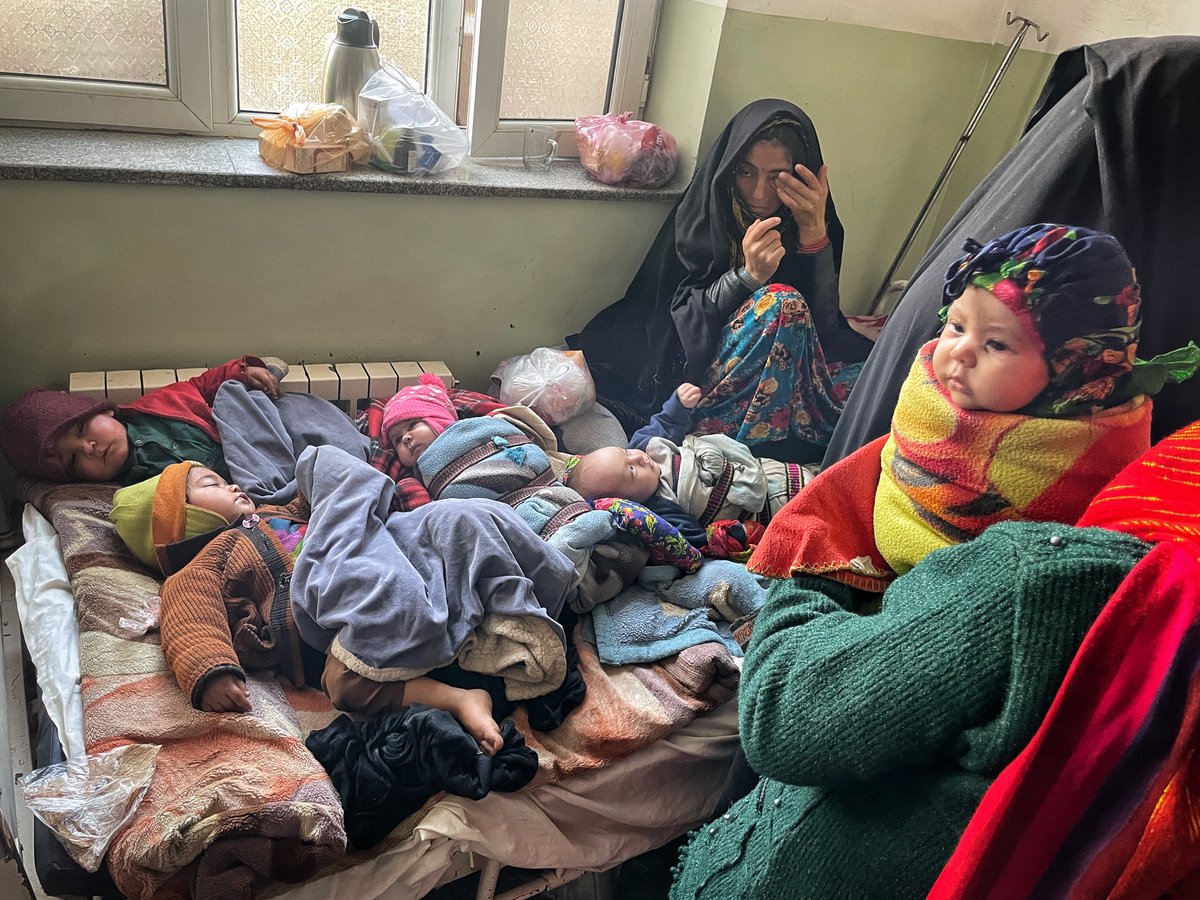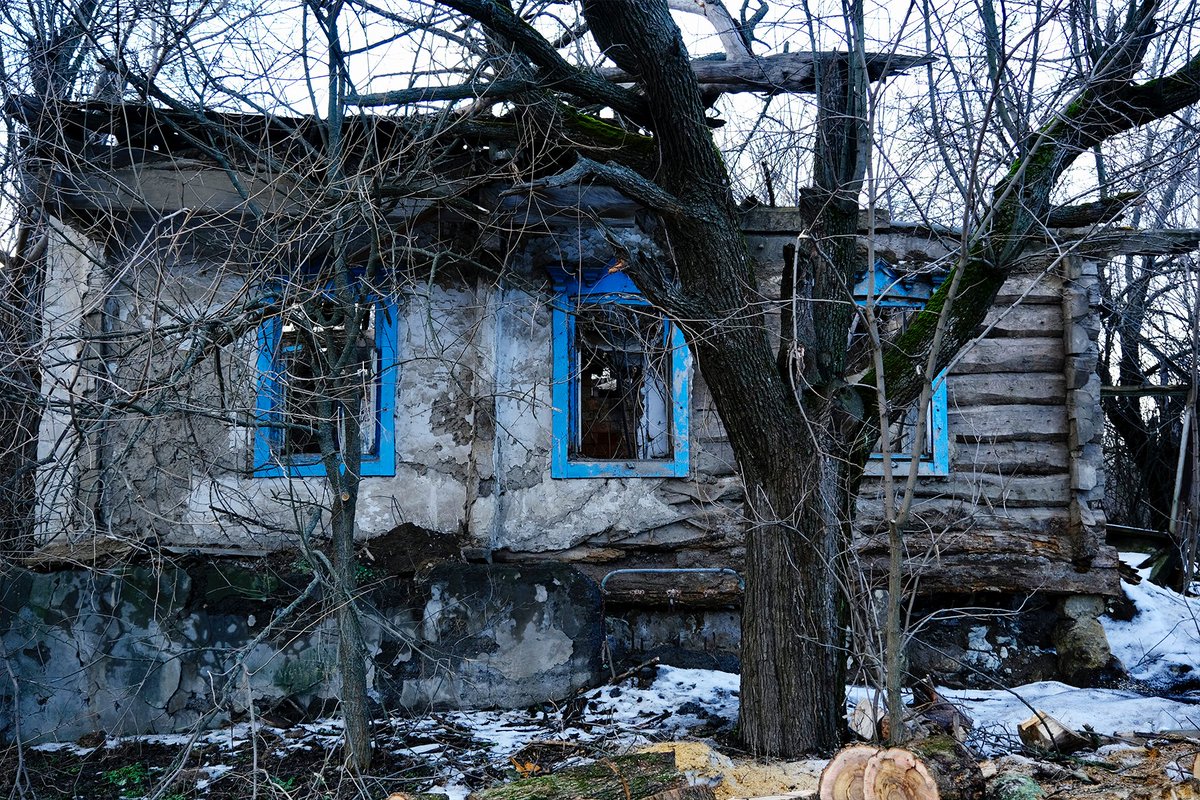
Energy regulator @Ofgem has announced a new price cap of £2,000 a year, a figure that is likely to push over a quarter of British households into fuel poverty.
Sky News has analysed the areas where low-income and high bills could leave some people struggling more than others
Sky News has analysed the areas where low-income and high bills could leave some people struggling more than others
This map (below) shows the parts of the country that have the biggest fuel bills.
The top 5% are highlighted green, many of them are rural areas with larger, detached homes, which are more expensive to heat
The top 5% are highlighted green, many of them are rural areas with larger, detached homes, which are more expensive to heat

We can overlay that map with the parts of the country that are in the lowest 5% by income - in blue here.
They're a bit smaller and harder to make out because they are largely city areas
They're a bit smaller and harder to make out because they are largely city areas

The only part of the country where these two measures overlap is West Yorkshire, with Bradford as the epicentre.
Find out why Bradford is so badly affected 👇
Find out why Bradford is so badly affected 👇

Part of the reason is the way Bradford's houses are built.
Lots of traditional Yorkshire-brick homes are built in a way that makes them difficult to heat, and the way they have been converted can make that problem worse
Lots of traditional Yorkshire-brick homes are built in a way that makes them difficult to heat, and the way they have been converted can make that problem worse

"It's just really cold, even if you have the heating on it's still really cold."
Emma Heron lives in Bradford with her partner John in a traditional back-to-back terrace house. She said she often faces a choice between buying food and putting money in the meter
Emma Heron lives in Bradford with her partner John in a traditional back-to-back terrace house. She said she often faces a choice between buying food and putting money in the meter

The release of official fuel poverty figures is delayed by years, meaning it's hard to tell which areas are most at risk now.
It's clear that households in the South East are better off than those in other parts of the country, but the issue is not unique to Bradford
It's clear that households in the South East are better off than those in other parts of the country, but the issue is not unique to Bradford

Alifjane Begum lives with her three children in Dagenham, east London, which was one of the worst-affected areas the last time the data was updated.
She lives in a modern block but she says the “condensation and mould” in it affects the children’s health
She lives in a modern block but she says the “condensation and mould” in it affects the children’s health

But heating struggles are not just due to poor quality housing. They also come down to money.
Alifjane is on universal credit and her husband is a taxi driver. She puts “whatever she can afford” in the electricity metre but that often means ‘taking something off the budget’
Alifjane is on universal credit and her husband is a taxi driver. She puts “whatever she can afford” in the electricity metre but that often means ‘taking something off the budget’

"My six-year-old has a torch. If she wakes up in the night, she uses that to go to the toilet, so she doesn't have to turn on all of the lights. It's something she shouldn't be thinking about at her age”.
Alifjane gets upset thinking about what her children have to go through
Alifjane gets upset thinking about what her children have to go through
• • •
Missing some Tweet in this thread? You can try to
force a refresh
















